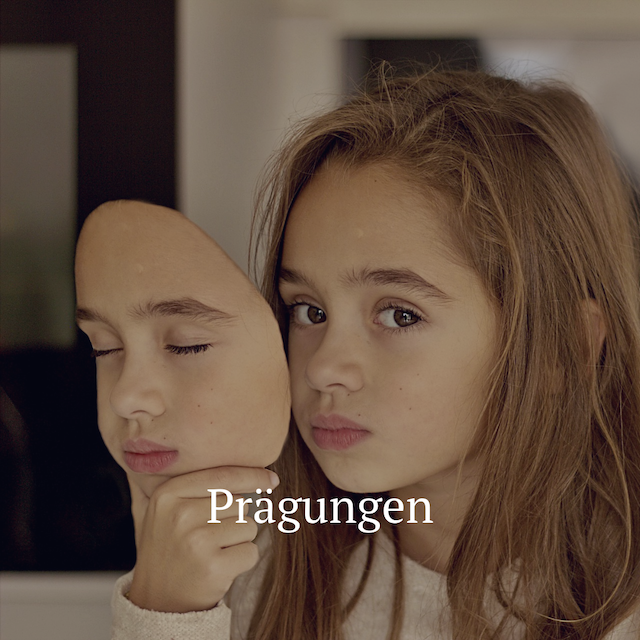Conditioning
The conditioning we received in our childhood and adolescence often follow us into higher adulthood. We unconsciously adopt what our parents modeled for us. Even when we don’t like this role model at all. This could lead to the decision: I don’t want to have an unhappy marriage, so I will never get married.
When I was young, I often found myself treating my boyfriend the way my mother treated my father. To be more precise, most of the time I didn’t even notice it myself, but heard my boyfriend say “You are exactly like your mother”. This hit me hard. Because, unfortunately, these were not situations that stood out in a particularly positive way.
I grumbled at him when he didn’t do things the way I expected im to do. For example, at the beginning of our relationship I tended to criticise him when he behaved differently at the table than I had learned at home. Or, if he was not dressed appropriately in my opinion.
It was more important to me to make a good impression on the outside than to take my boyfriend as he was. That was the message I had absorbed from my parents’ home, even though I had resisted it as a child and teenager.
Bad Experiences
The parental home of my client Annette also had an immense influence on her further life.
She could never please her mother. Her father did not support her. She received little love and recognition from either of them and always had the feeling that she was not wanted.
At 18, Annette became pregnant. Hans was not anything serious for her. They didn’t know each other that well. But her parents told her they had to get married. Which they did. It was the appropriate thing to do. She had been raised to be obedient. Although deep inside she was rather wild and rebellious.
So this marriage was not under a good star. Because of her childhood upbringing, she knuckled down and more or less her husband took the place of her parents and told her what to do. She tolerated everything and gave birth to three more children.
Annette became more and more frustrated as time went by. She built higher and higher walls around herself and closed her heart, especially to her husband. Over the years her dissatisfaction grew, she felt lonely.
When she came to me, she had been married to Hans for over 20 years. The children were out of the house. She lived with her husband in the same apartment, but there was no affection. She kept the home in order and cleaned, he was the pasha and didn’t care at all about her complaints to at least clean up his own things. In the meantime she had thrown herself completely into her work and was quite bitter.
She had a very bad opinion of men. Men saw women only as objects of their desire and wanted a cheap cleaner.
Until then, she wasn’t able to see men in a different light.
However, she was ready to give her life a new direction as of now.
Learning to feel
I like to start my sessions and workshops with a little body journey. Also in this case. Annette said she didn’t feel anything at all. She had reservations about whether this would do any good at all, since she usually can’t really open up. Her worry was that she wouldn’t be able to get out of her skin and the whole course would be for nothing.
As the workshop progressed, she found out that she was very angry. Wow, that meant she definitely felt something!
Throughout the day we did various exercises. Sure she felt something.
- To connect with herself again and again.
- To be self-aware.
- That she doesn’t have to justify herself to anyone.
- To listen to what FEELS right to HER and not let her head confuse her.
